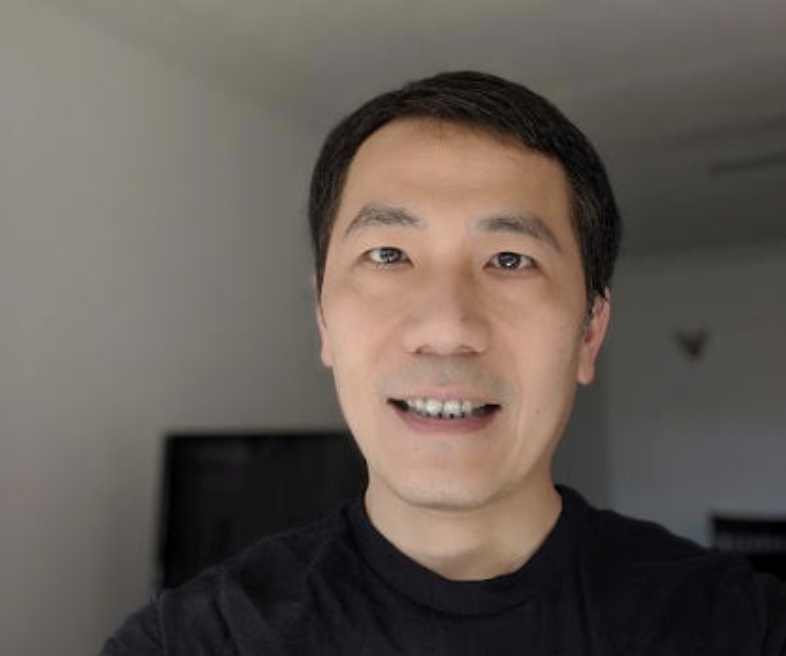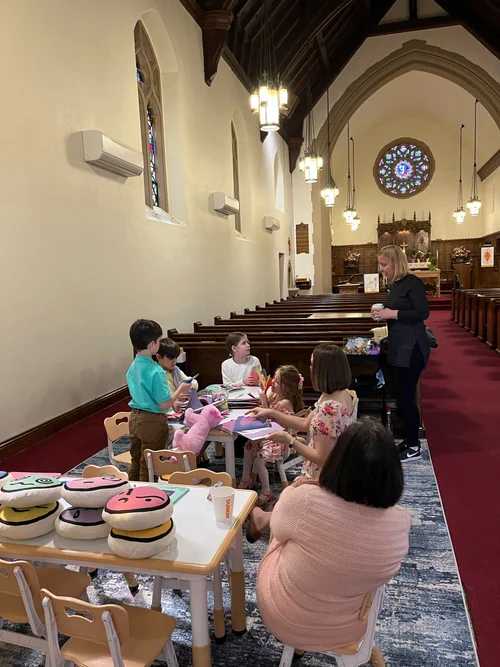Data from COVID-19 vaccine trials can be used to successfully teach introductory statistics, also known as elementary statistics, according to a new pedagogic paper authored by LaGuardia Community College Professor of Mathematics Frank Wang, Ph.D., in Numeracy, the premier journal for quantitative reasoning.
“This paper reflects the focus on teaching that is a hallmark of community colleges,” LaGuardia Community College President Kenneth Adams said. “I commend Professor Wang and his colleagues for this research that informs how to help students relate to a mathematical concept they have found challenging. Not only will our students be better able to assess the reliability of data, but they are learning to be critical thinkers, reflecting our college’s mission.”
When Pfizer and Moderna issued Phase III study results of its COVID-19 vaccine in November, Wang instantly seized on the opportunity to improve students’ statistical thinking skills and worked over the Thanksgiving break to develop a lesson based on the data.
“Students are regularly exposed to misinformation and disinformation,” Wang said. “By presenting the statistical requirements for drug approval by the Food and Drug Administration in a way that is understandable for community college students, I hope to empower students to differentiate truth from falsehood and make sound judgement.”
Courses in introductory statistics typically culminate in learning about hypothesis testing.
“However, many students find hypothesis testing to be abstract and alien,” Wang said. “I’ve spent many years thinking of ways to help students overcome the challenge.”
Wang used the Central Limit Theorem, a key component of statistics, to illustrate why drug makers needed to wait until certain numbers of volunteers were COVID-19 positive before the clinical trial result became statistically significant.
“Then I used this mathematical fact to refute the conspiracy theory that the late November vaccine availability was politically motivated to influence the presidential election,” Wang said.
The method involved reframing a 95 percent efficacy rate with the explanation that for every 100 COVID-19 cases in an unvaccinated community, there would be only five infections in a vaccinated community.
“The information becomes clear, and the public health consequence is obvious,” Wang said.
Wang’s pedagogical method was well-received by students in his course. In a final essay, one student described the statistics course as a “game changer.” The student said Wang powerfully encapsulated the significance of applying statistics to widely reported data from mainstream media. Another student said the course cleared up a lot of number-related confusions for her.
In his conclusion, Wang noted that vaccine efficacy rates enabled him to “simplify the hypothesis so that students with basic statistical training can understand the results and undertake the analysis by themselves. In an era of misinformation and disinformation, numeracy skills empower citizens and help them make better personal and public decisions.”
Wang admits his research was partly shaped by self-interest. He enjoys cultural activities in New York City, and was immensely disappointed that all concerts were canceled. He said he “has been dying to see ‘Tristan und Isolde’ at the Metropolitan Opera in fall 2020 for a long time.”
Wang hopes that by informing citizens of scientific evidence, New Yorkers will overcome the pandemic and can attend live performances again soon.
Wang is currently working on a sequel paper, to introduce modern Bayesian statistics to both LaGuardia students and their peers across the nation and around the world, using Pfizer, Moderna and AstraZeneca-Oxford data.
“This would go beyond the classical statistical methods typically covered in elementary statistics courses,” Wang said.
His interest in quantitative reasoning started in 2006 when he and his LaGuardia mathematics colleagues joined a task force called Project Quantum Leap led by then Dean for Academic Affairs and current Provost Paul Arcario. Arcario suggested that faculty contextualize curriculum to teach math through urgent issues such as public health and climate change, to urban public university students who tend to be under-privileged.
Arcario’s initiative helped LaGuardia students become more motivated to learn mathematics.
Wang’s research is partly funded by the National Science Foundation. He has no connection, financial or otherwise, with any pharmaceutical companies.


































